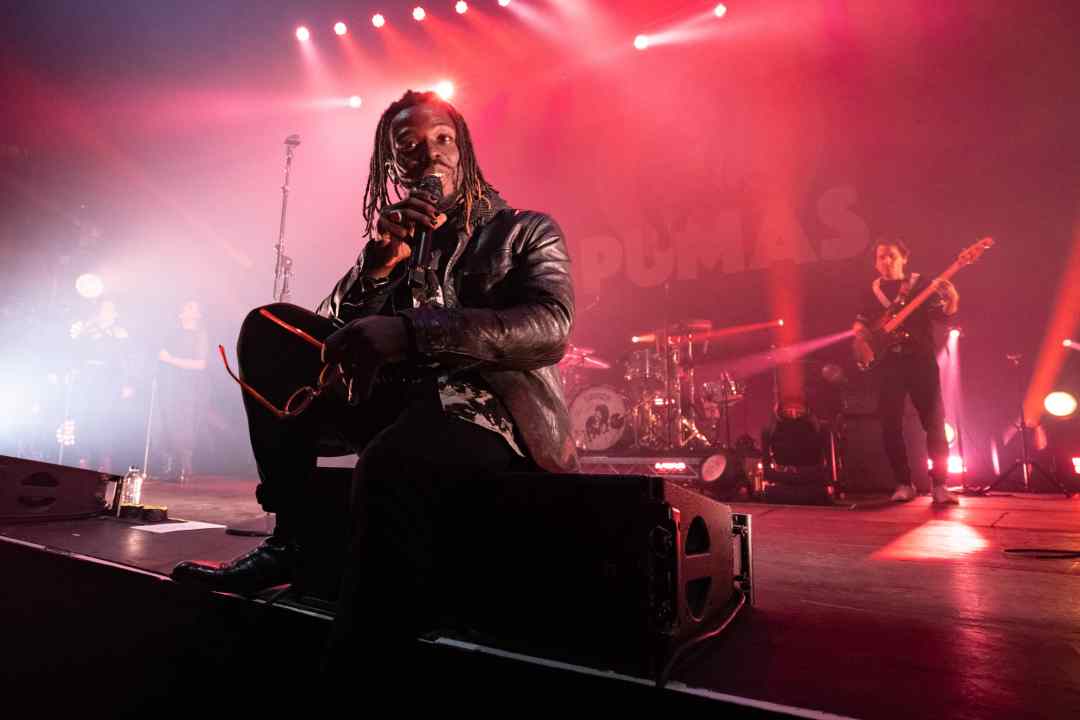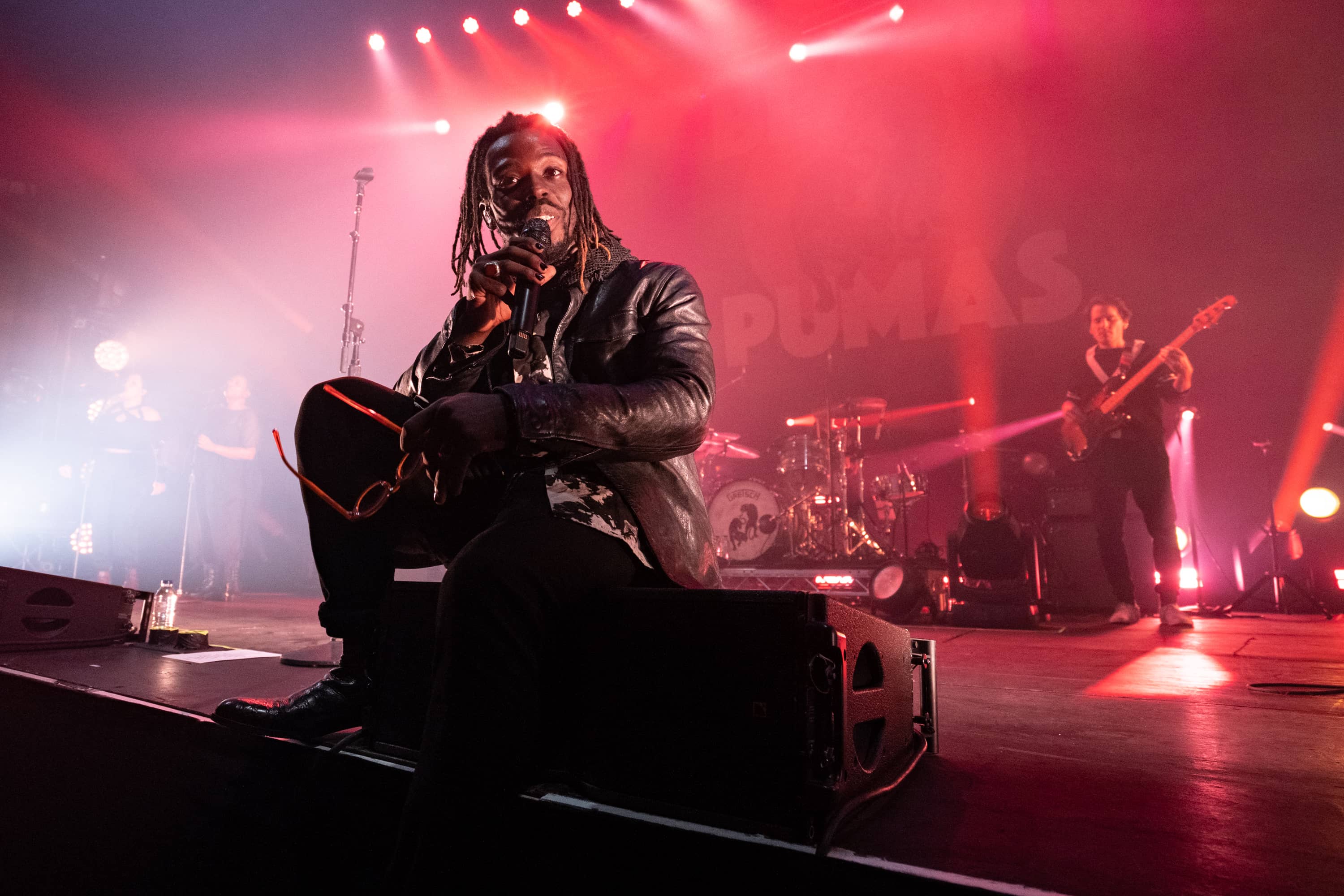No musician ever went bust overestimating the public desire to hear classic soul. Slapping on a Motown backbeat has revived many a career and made many a star. At the simplest level, what wedding band are you going to hire: the one playing note-for-note recreations of acid-rock wig-outs from 1968, or the one playing note-for-note recreations of the Motown, Stax and Atlantic catalogues from the same year?
It’s hardly evidence of the appalling taste of the music-buying public. If we’re going to play that silly ‘What pop era was best?’ game, then the answer — as any fule kno — is some point between 1965 and 1969, when rock was moving forward at the speed of light, and soul was not just embodying profound social and cultural changes, but was also just about the most beautiful popular music ever made, certainly in the post-Elvis era (I’m undecided about whether Dan Penn and Spooner Oldham or the Gershwins were the greater songwriters).
Hence the fact that at any given time you can be sure there will be a handful of soul acts on the circuit looking back 50 years and doing very good business, too: St Paul & the Broken Bones, Nathaniel Rateliff & the Night Sweats, Curtis Harding, Leon Bridges, and now Black Pumas. The Pumas had three nominations for this year’s Grammy awards, in the wake of their first album, and played at Joe Biden’s inauguration. You can see why: they’re a model of melting-pot America — a band formed by a Hispanic-American guitarist and an African-American singer singing about how we’re all going to be uplifted. Right on!
And they sound great. Eric Burton has an incredible voice: he hits notes from the bottom to the top of the scales without the slightest effort, moving from a whisper to a scream. The band have the smoky, swampy sound of soul as it started meshing with rock at the start of the 1970s down to a tee.
And the longer they played, the more irritated I got. You can tell this group was formed by its guitarist, for a start. Adrian Quesada was so high in the mix he smothered everything else. Even when he was playing little chicken-scratch licks, like Steve Cropper did on the Stax records, they were so loud they flattened everything else. And when he soloed — which he did with great frequency — the rest of the band might as well have been having a sitdown and a cuppa, because you couldn’t hear them at all.
The other problem is one that frequently besets the soul revivers. In short, none of them have songwriters anywhere near as good as Norman Whitfield and Barrett Strong, or Penn and Oldham, or Holland-Dozier-Holland. Black Pumas have the sound, but they really need some better songs to go with it. When they did have a belter that could have come from the first age of soul, such as ‘Know You Better’, you could feel the places where a horn section should be. Guitar, organ, bass and drums is enough in a club. But for big rooms, these songs need to be made bigger, and they need something fighting against that lead guitar.
Courtney Marie Andrews very much had the songs. She’s a lesson in the benefits of gradual development: it wasn’t until her fifth album, Honest Life, that anyone noticed her, and since then there have been two more startlingly good records, all existing at the place where the threads of country music start to fray and unravel into that rather wider thing that gets called Americana. On her own at the Union Chapel — save for interludes where differing pairs of winsome young men came on stage to look grave and sensitive and sing harmonies — I found myself wishing she had more of the sound, too.
She’s great alone — I’ve seen her in this room, unaccompanied, before — but she’s even better with a band alongside her (presumably the combination of expense and Covid rendered a solo trip over from Nashville less problematic).
Her voice — an amethyst crystal of a thing, both very pure but perfectly coloured — was fabulous, the songs wonderful. With live music still quite new a thing, perhaps I am simply finding maximalism more appealing at the moment: more sound! More light! More spectacle! Let me look outwards, not inwards! None of which is Ms Andrews’s fault.
I doubt she’ll ever be invited to play an inauguration ball, but maybe she should. ‘May Your Kindness Remain’ was an explicit plea to her country to hang on to its decency, but ‘It Must Be Someone Else’s Fault’ — ostensibly a relationship song — had lines that might be applied to all modern political discourse: ‘Oh, but it must be someone else’s fault/ Must be someone else’s heart who tainted mine/ No, I cannot be to blame for the story of this pain/ Oh, it must be someone else’s fault.’







Comments